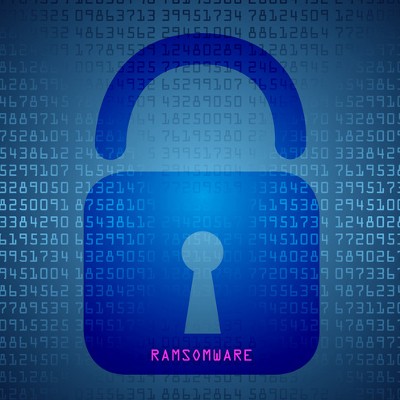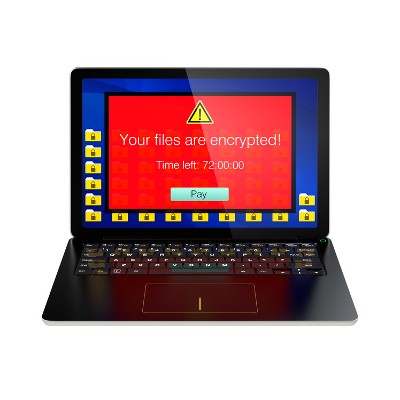Argentum IT LLC Blog
Society relies on law enforcement to enforce laws in a fair and just manner, but even the police have their work cut out for them when they are targeted by a cyberattack. A recent incident in Cockrell, Texas shows that not even the police are immune to the threats of ransomware--particularly the emerging brand of ransomware, Osiris.
Halloween is a time when we celebrate what scares us, like ghosts, goblins, ghouls, and the like. For adults, the holiday becomes more lighthearted with each passing year, due to the understanding that such monsters are fictional. Yet, there exists real monsters who know how to play on people’s fears, namely, hackers.
Ransomware, the unpleasant form of malware dedicated to denying users access to their own device, has become more prominent with mobile technology. While ransomware is typically associated with desktop computers, it’s fully capable of infecting mobile devices. Therefore, it should be no surprise that cases Mobile-based ransomware have increased nearly four-fold in the past year.
Ransomware, the malware variant that has appeared more and more frequently has struck again, this time targeting users of Microsoft Outlook in a zero-day attack. A malware variant of Cerber (a ransomware) was recently utilized in a large scale attack on users of the messaging program, sent via phishing emails to corporate users.
The Petya ransomware, a particularly vicious monster of a threat, has reared its ugly head once again, only this time, it’s not alone. Petya now comes bundled together with Mischa, yet another ransomware that works well alongside Petya. The ransomware is delivered via an inconspicuous email disguised as a job application, with a resume attached. Once the user downloads the file, Petya encrypts the files located on the device.
 Ransomware is such a popular method of attack used by hackers that new variants of it pop up every few months. Among these is Petya, a nasty new ransomware that masquerades as an unsolicited resume in an organization’s email inbox. Don’t be fooled, though; the only work these hackers are looking for is to work you out of a couple hundred dollars.
Ransomware is such a popular method of attack used by hackers that new variants of it pop up every few months. Among these is Petya, a nasty new ransomware that masquerades as an unsolicited resume in an organization’s email inbox. Don’t be fooled, though; the only work these hackers are looking for is to work you out of a couple hundred dollars.
 It’s been two years since the world was introduced to CryptoLocker, a particularly-nasty ransomware that encrypts a computer’s data while giving the user a deadline to pay a ransom for the encryption key, or else have their data destroyed. What we’re seeing now is that the reach of CryptoLocker is extending beyond the average PC user; even gamers are getting owned by Cryptolocker.
It’s been two years since the world was introduced to CryptoLocker, a particularly-nasty ransomware that encrypts a computer’s data while giving the user a deadline to pay a ransom for the encryption key, or else have their data destroyed. What we’re seeing now is that the reach of CryptoLocker is extending beyond the average PC user; even gamers are getting owned by Cryptolocker.






